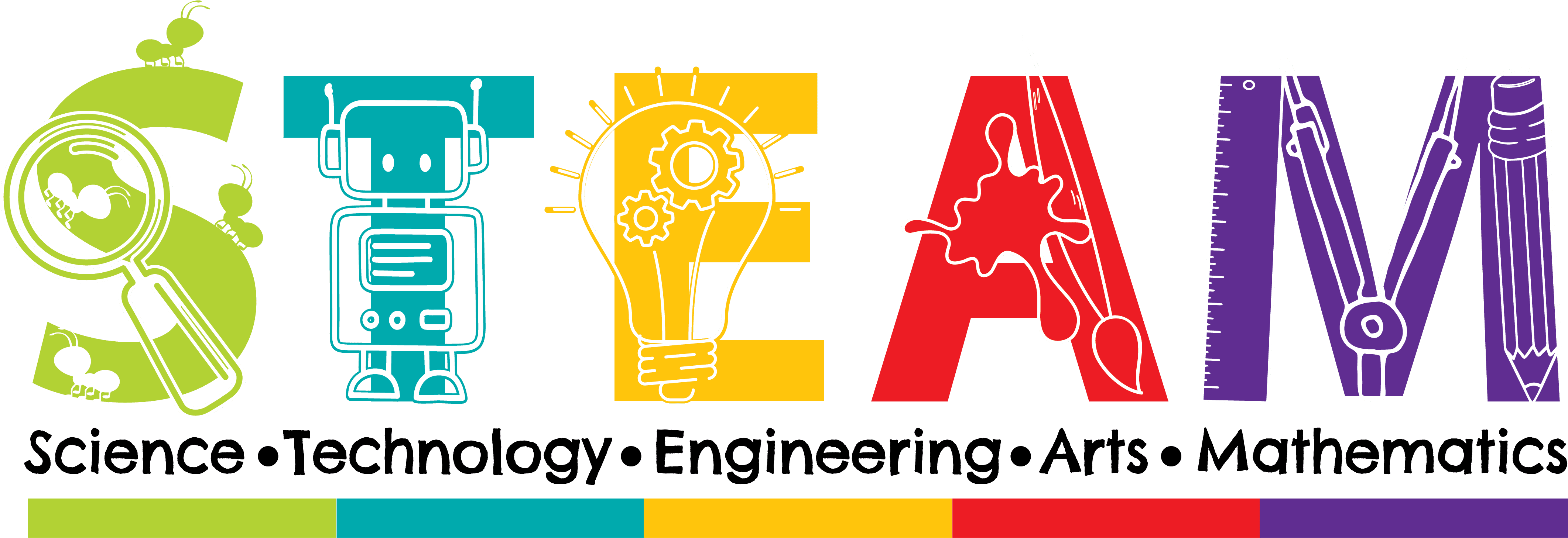STEAM/STEM EDUCATION TO MITIGATE LEARNING LOSS & CHILD POST-TRAUMATIC STRESS
Authors: Maurice A. Ramirez, D.O., Ph.D. & Don Ariel
In the wake of pandemic-related school closures, inconsistent homeschool availability and student social isolation, learning loss is a reality facing students, parents and educators worldwide. Every year, disparities in access, internet connectivity and educational opportunities results in groups of learners falling further behind their peers with greater resources. The concept of learning loss is deeply familiar to any parent who has raised a special needs learner. The hamster wheel of catching up to a never-ending race, until it ends exactly as circumstances predict, with a young adult economically behind, socially humiliated, and academically traumatized. Unfortunately, learning loss is only a symptom of a greater problem, child post-traumatic stress (CPTS).
Disaster behavioral health (DBH) research has demonstrated that trauma-induced CPTS is mitigated by returning students to a learning environment. The short-term use of a new or novel curriculum minimizes disparity between learners and fosters empathy as students learn new skills together, even if the learning is online or by homeschooling. When a curriculum uses visual, auditory and kinesthetic learning to engage logical, pattern recognition and creative centers in the brain in addition to fostering empathy, the curriculum builds neuro resilience. In turn, neuro resilience helps learners recover more quickly from learning loss as well as learn new material. Such programs thus enable learners to resume needed learning curves and achieve educational milestones within a few years of the learning loss. Fortunately, STEAM/STEM mitigation of CPTS is effective regardless of the trauma that caused CPTS. Whether pandemic, school shooting, natural disaster or other adversity, curricula that build neuro resilience help students recover from learning loss and CPTS.
For every child to develop to their fullest potential we have finite resources:
- Hours in a day
- Hours remaining until graduation
- Each learner has approximately 65,700 waking hours from 3 to 18 years old
In addition to educational exercises, children need two more ingredients to learn and thrive: Play and Sleep. Parents describe learners staying up until midnight, passing out exhausted, and only accomplishing half the work required to simultaneously catch up and keep up. This pattern allows little time for socialization, play or even sleep. It is a formula for continued learning loss and academic failure.
Play, art, creative activities, swimming, running, escape rooms, giggling, exercise, and athletics are the places to make gradual gains against learning loss. We don’t want to punish learners with more overtime hours at “play work”, we want to enrich fun activities with math, science, and language. We want to do it in such a way that it does not even resemble school. In only a few patient years of play, school, and plenty of sleep cycles, communities will catch up.
Technology developed to provide STEAM/STEM programs for special needs learners uses visual, auditory and kinesthetic learning to engage logical, pattern recognition and creative processing centers in the brain while fostering empathy. Such technologies build core academic skills in math, science, and language outside of the standard school curriculum. Because these programs are novel to the learners and engage the learner in multiple, engaging ways, the learners have fun, transforming catch-up learning into play.
The educational benefits of STEAM/STEM are well known. STEAM/STEM programs that build neuro resilience and promote empathy also serve as mitigation for learning loss and trauma-induced CPTS. These programs can be delivered online in synchronous virtual groups, in person at brick-and-mortar schools, and deployed in community centers and shelters after a disaster. STEAM/STEM is more than just great education, it is the solution educators and parents have sought to address the impact of pandemics and disasters in general.
About the Authors:
Maurice A. Ramirez, D.O., PhD. is the Co-Founder of the High Alert Institute, a 501c3 not-for-profit educational public charity dedicated to providing disaster readiness education and resources to unserved and underserved communities, industries and charitable organizations in an All Hazards, One Health/One Nature, One Framework paradigm. Learn more about the High Alert Institute at www.HighAlertInstitute.org
Don Ariel is the Co-Founder Intellivance, a company dedicated to understanding and improving human cognitive performance and providing tools for everyone to thrive, particularly for those who are underserved. Don is the former CEO of Raydon, a simulation platform company that advances technology for the effective transfer of skills from simulation to real-world proficiency. Learn more about Intellivance at www.intellivance.com










